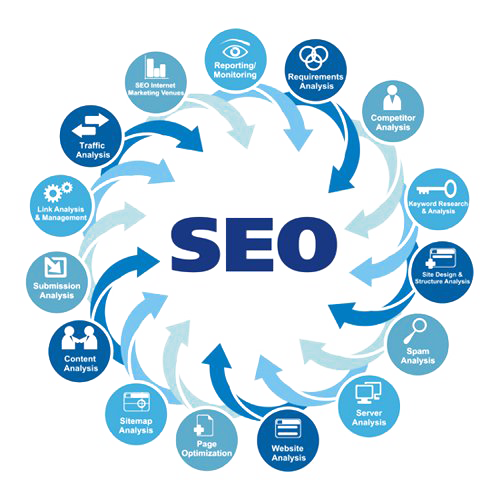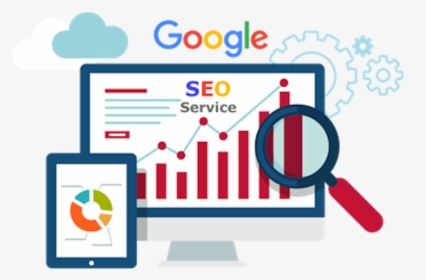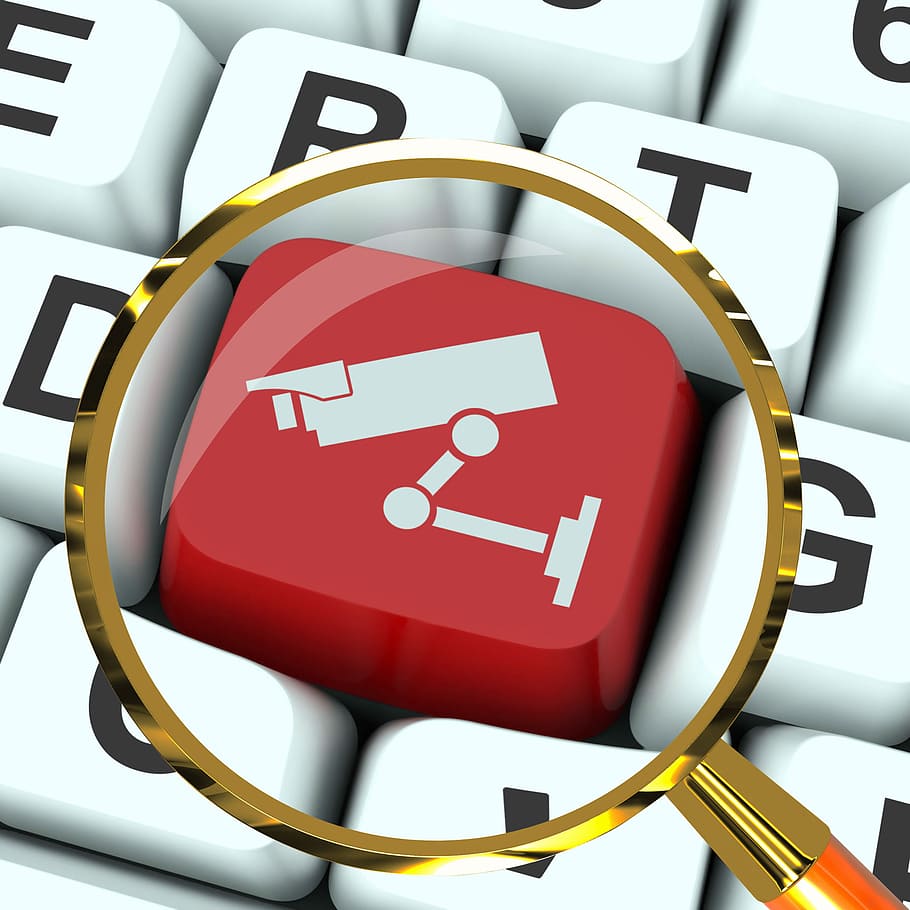
Search engine optimization (SEO) is an essential aspect of building a successful online presence. In today’s highly competitive digital landscape, it’s crucial for websites to be easily discoverable by search engines and rank higher in search results. Without effective SEO strategies, even the most impressive websites may go unnoticed. So, if you’re looking to increase your website’s visibility and attract more organic traffic, this ultimate SEO guide is here to help you navigate the intricacies of this ever-evolving discipline.
To start with, it’s important to understand that SEO goes beyond simply adding keywords to your website’s content. While keywords are indeed a vital component, other factors such as website structure, user experience, and quality backlinks also significantly impact your search engine rankings. By optimizing all these interconnected aspects, you can ensure that search engine bots can easily crawl and index your site, ultimately resulting in higher visibility and better rankings. Now, let’s delve into the various facets of SEO and explore the strategies you can employ to boost your website’s online presence.
1. On-Page SEO Optimization
In this section, we will delve into the fundamental aspects of on-page SEO optimization. These practices are crucial for boosting your website’s visibility in search engine result pages (SERPs).
Firstly, one of the most important on-page optimization techniques is keyword research. Identifying relevant keywords that align with your website’s content is crucial for attracting organic traffic. By incorporating these keywords naturally throughout your website’s content, meta tags, headings, and URLs, search engines can better understand the relevance of your pages.
Next, optimizing your website’s meta tags is essential in improving its visibility. The meta title and description tags should accurately reflect the content of each page and include relevant keywords. This not only helps search engines understand your website’s purpose but also encourages users to click on your link when it appears in search results.
Additionally, ensuring proper heading structure on your pages can have a positive impact on SEO. By using heading tags (H1, H2, H3, etc.) to structure your content, you provide search engines with a clear hierarchy of information. This improves both readability for visitors and SEO performance.
These are just a few key aspects of on-page SEO optimization that can significantly enhance your website’s visibility in search engine rankings. By implementing these strategies effectively, you can increase organic traffic to your site and attract potential customers or visitors who are genuinely interested in your content.
2. Off-Page SEO Strategies
In addition to on-page optimization techniques, off-page SEO strategies play a vital role in boosting your website’s visibility. These strategies focus on increasing your website’s authority and reputation across the internet. Here are three key off-page SEO tactics that can help improve your website’s ranking in search engine results:
-
Building High-Quality Backlinks:
One of the most effective ways to enhance your website’s ranking is by earning high-quality backlinks from relevant and authoritative websites. These backlinks act as votes of confidence and credibility, signaling to search engines that your website is trustworthy and deserving of a higher position in search results. Focus on obtaining backlinks from reputable sources within your industry through methods such as guest blogging, influencer outreach, and creating shareable content. -
Social Media Engagement:
Engaging with your audience through social media platforms not only helps you connect with potential customers but also contributes to your website’s SEO efforts. By sharing valuable content, interacting with users, and promoting your website’s pages and blog posts, you can drive traffic to your site and increase its visibility. Additionally, social media signals such as likes, shares, and comments can indicate to search engines that your content is valuable and relevant. -
Online Branding and Reputation Management:
Nhà Cái Uy Tín
Establishing a strong online brand presence and managing your reputation are crucial for off-page SEO success. Ensuring that your brand is consistently represented across various online platforms, such as social media profiles and business directories, can help search engines understand your brand’s authority and relevance. Additionally, actively monitoring and addressing online reviews and comments can positively impact your website’s reputation and credibility.
By implementing these off-page SEO strategies alongside on-page optimization techniques, you can significantly improve your website’s visibility, attract more organic traffic, and ultimately achieve higher rankings in search engine results.
3. Technical SEO Considerations
In the realm of SEO, technical factors play a crucial role in determining the visibility of your website. These considerations focus on optimizing your website’s backend to ensure it is easily accessible and understandable by search engines.
Firstly, website speed is a key technical aspect to consider. Search engines prioritize websites that load quickly, as this enhances user experience. To improve your website’s loading times, optimize image sizes, minimize code, and leverage caching techniques. Remember, a faster website translates to better search engine rankings.
Secondly, mobile-friendliness is paramount in today’s digital landscape. With the increasing use of mobile devices, search engines prioritize websites that offer a seamless experience across different screen sizes. Ensure that your website is responsive and adjusts gracefully to different devices to boost your SEO performance.
Lastly, the structure of your website’s URLs can impact its visibility. Utilize descriptive and concise URLs that accurately reflect the content of your pages. Including relevant keywords in your URLs can help search engines better understand the context of your content and improve its chances of ranking higher.
By paying attention to these technical considerations, you can enhance your website’s visibility and improve its overall performance in the competitive field of SEO. Remember, technical SEO is an ongoing process that requires monitoring and regular updates to stay ahead in the game.








